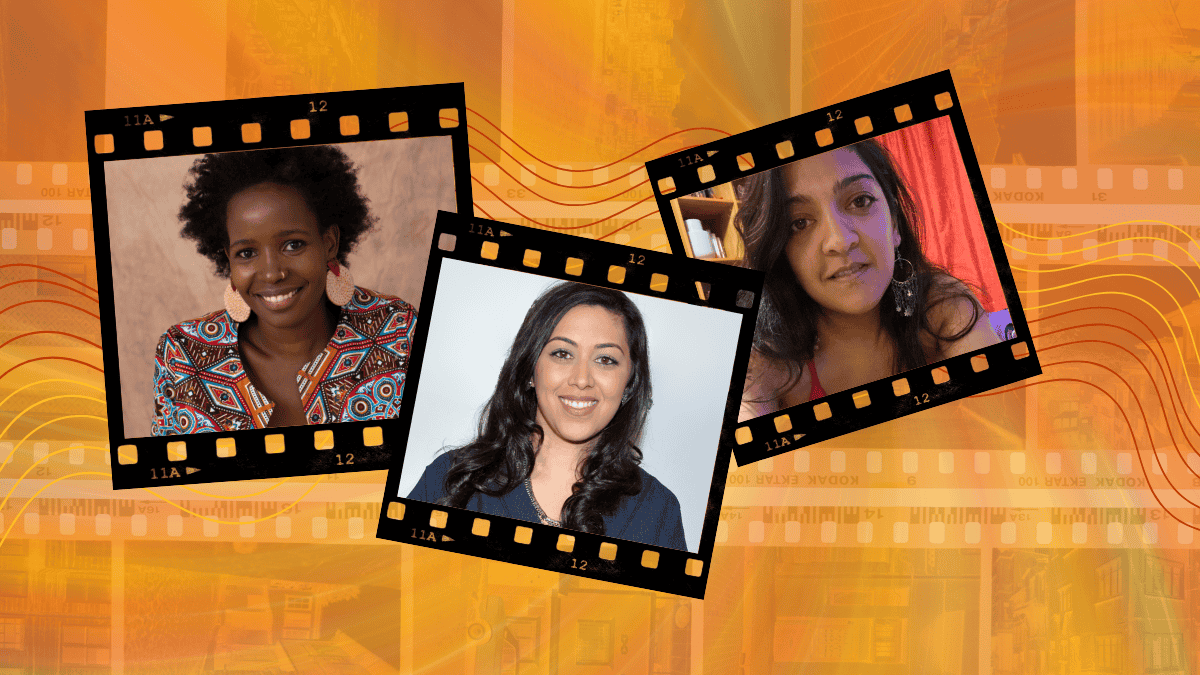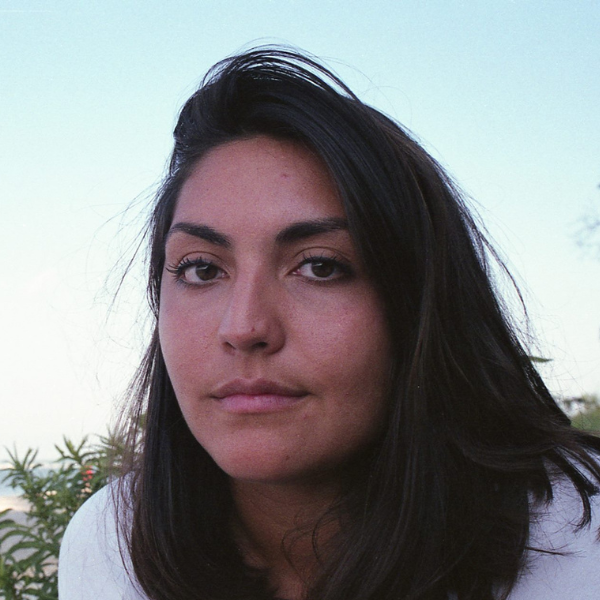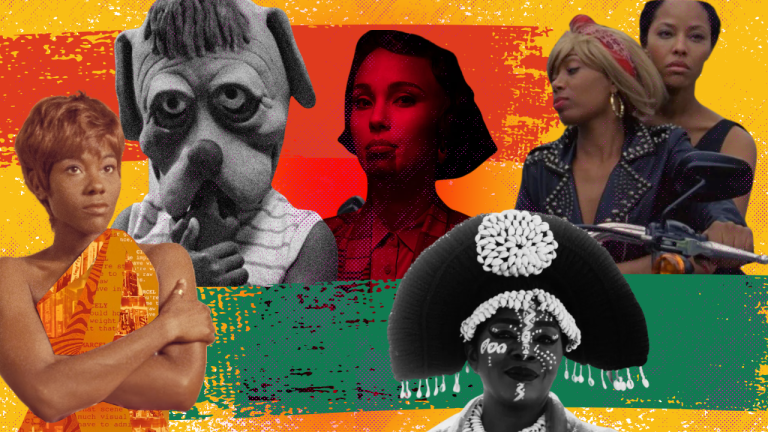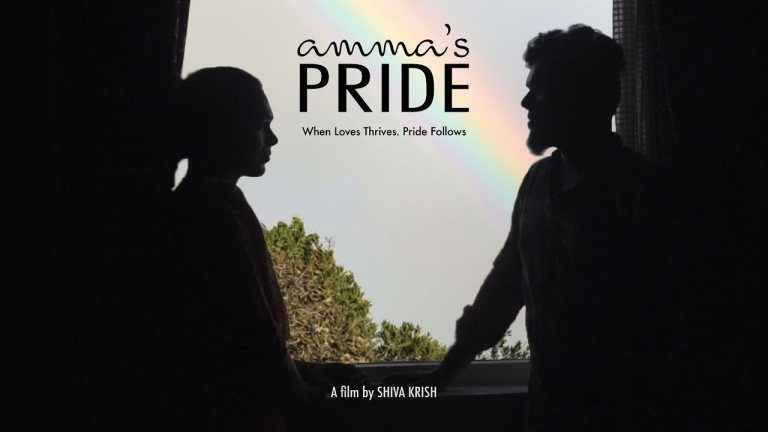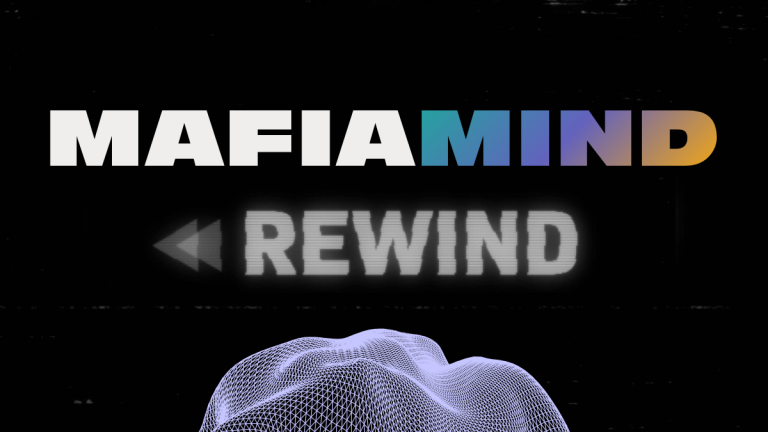
Ruchi Mital has been producing documentaries for over a decade and is the founder of Solani Media. She admits documentary is her true love, having never made a fully fictional piece. However, she's not a complete stranger to the genre. She produced the hybrid documentary This World is Not My Own, which premiered this year at SXSW.
Ruchi Mital: "This idea of 'hybrid documentary' is an interesting one, because people have this idea that it's something very new that we've just discovered. There's actually a long tradition of this hybrid. You could even go back to one of the first documentaries, Nanook of the North, an observational [documentary]. A lot of those scenes were actually scripted. Even from the very beginning, documentary and fiction [have always played] with each other. What was so exciting about This World Is Not My Own, is that when we were approached to make a documentary, we would have never been able to make a feature film about this artist if we had a really narrow view of what a documentary is."
"We wanted to make a documentary about her and her work and her life without people telling you what to think. I think because we didn't have a super narrow view, we considered all the cinematic tools that exist to tell a story that's in service of the truth. [Making a hybrid film] was about reimagining her world based on the truth, but jumping off of her own artistic practice. People talk a lot about this idea of the 'objective” truth, but there's also an emotional truth to convey, and multiple truths that live inside our memories and histories."
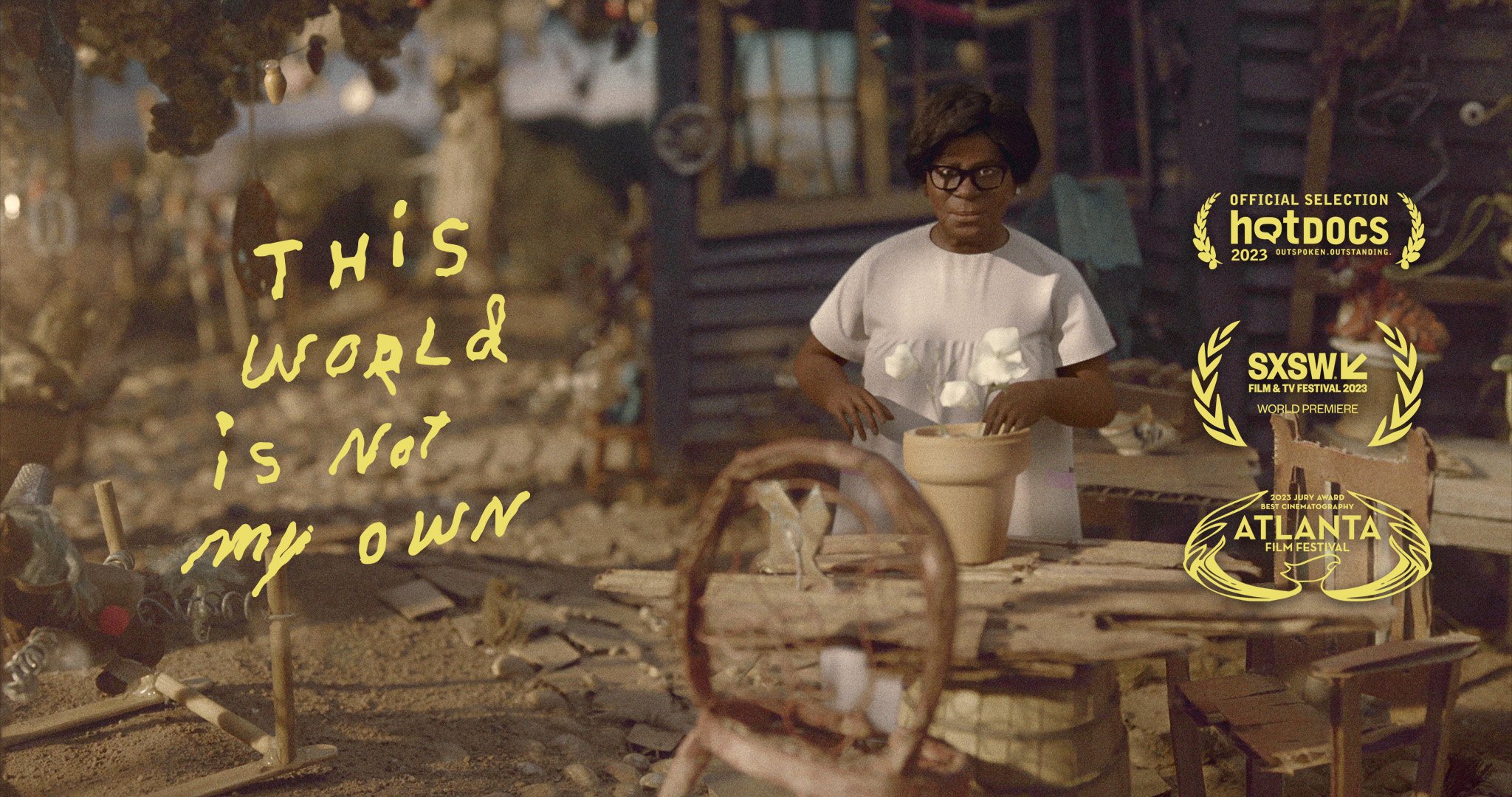
The more I sifted through personal accounts, research, and market trends, the more attuned I became to the current reality of the industry: folks are looking to make themselves marketable filmmakers, open to a diverse range of job opportunities. According to Patrick Crawford of Documentary Magazine, “In recent years, the crossover has been described as a natural transition for many documentary filmmakers who are adept at storytelling and used to wearing many hats."
Documentary storytellers are finding more and more reasons to set down the nonfiction format in favor of a narrative one — each with its own challenges, freedoms and respective capacities. Going between documentary and narrative hinges on the idea of being expansive and making yourself open to more opportunities, but each documentarian brings their own motivations to the switch. Smriti Mundhra is an Oscar-nominated director and producer whose work spans genres and formats. Having worked with a variety of different streaming platforms on a range of projects, her latest project on the world of collegiate competitive Bollywood dance is set to come out exclusively on Hulu this fall.
Smriti Mundhra: "I think people crossover because it's more possible. I credit documentary for this. There is so much ingenuity and creativity there these days. When you hire a documentary filmmaker, you’re starting off with such an advantage because they practice their craft every single day — not just on the page, not just by observation, but by being out in the field. On set, in the edit room, writing pitches, we practice our craft rigorously. [My] first opportunity to direct fiction, I [directed] some episodes of Never Have I Ever. I over prepared — as documentarians do. I knew the show really well by the time I stepped on set. I tried to think like I would on a doc set. Do I have the coverage I need? Are we running short on time? Are we losing light? Is the participant exhausted?"
"Documentary filmmakers are very well-versed in curveballs while filming. Resilience and adaptability on set is key. The ability to walk into a space and start filming is a truly valuable skill to bring to fiction. The other thing is the ability to draw something out of your participant at all times. With documentary, you have people who are not necessarily actors. You're listening, observing, and then trying to draw out a story that feels authentic…to them. That is a really useful skill when you're directing actors — including those who have been in their roles for many seasons."
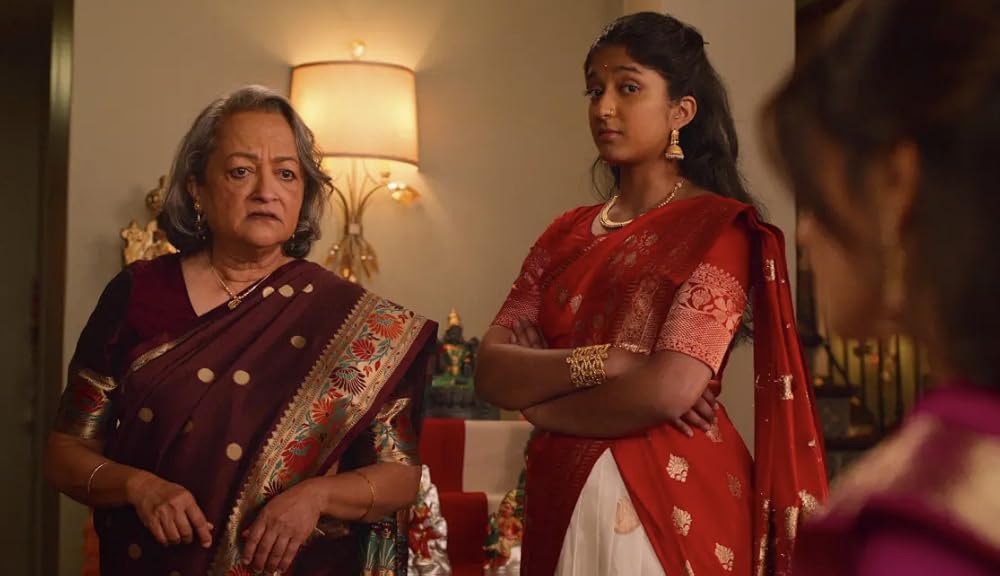
There are some skills that are applied universally as a storyteller, and some that are specific to the genre. Finding the sweet spot: the overlap of which abilities to hone and tap into to be able to transition with ease is critical. Nyasha Kadandara, an award-winning pan-African director and cinematographer, tells stories that traverse the continent and reflect alternative voices.Having started her career as a journalist, the pandemic was the impetus which pushed her to shift gears.
Nyasha Kadandara: "There are some things that are better told with fiction. It gives you freedom, and I like the flexibility to [make things up] and fill in gaps. I wouldn't be able to make a documentary with some stories without at least some sort of animation or reenactment, because of the availability of footage. A lot of research [for my work] is based on people who have started to pass on and some of it is oral history. In a way, it feels like the best way to make use of that oral history is to go straight into fiction while being clear that it's inspired by true events."
"The skill of development is important. The rigor of research is a really great asset, which [is] sometimes lacking in fiction. I also think the ability to work with a very limited budget, and dabble in many different roles are big skills that can cross over. Because of the unpredictability of the story, you are open to how the story changes. They say in fiction, “The story is written three times: the screenplay, shoot, and edit.” When you come from a documentary background, [you] are so much more open to completely changing things."
.jpg)
There’s certainly a practical need for filmmakers to be able to flex their storytelling abilities from nonfiction to fiction, back again and in between. But there’s also a need for the fiction world to embrace documentarians and the skills, thoughtfulness, and heart they bring to storytelling. What surfaced from my investigation wasn’t a definitive answer, as the incentives for transversing the worlds of documentary and narrative are as unique as each filmmakers’ journey. Instead, I discovered the outcome of the adaptability, patience, and resilience this work demands: evolution.
The ability to expand your craft, role, or the world of your story accompanies the capacity to redefine. We are constantly influenced by new perspectives and technologies drawing up new manifestos for what we consider a “documentary”. For example, documentaries are utilizing virtual reality to create immersive experiences that bring settings to life. Crowdsourcing has offered both a means towards financing a film, and sourcing footage which allows for global participation too. We broaden prescriptions. We make new meanings. We surface fact and uncover different shades of truths: historical and emotional.


